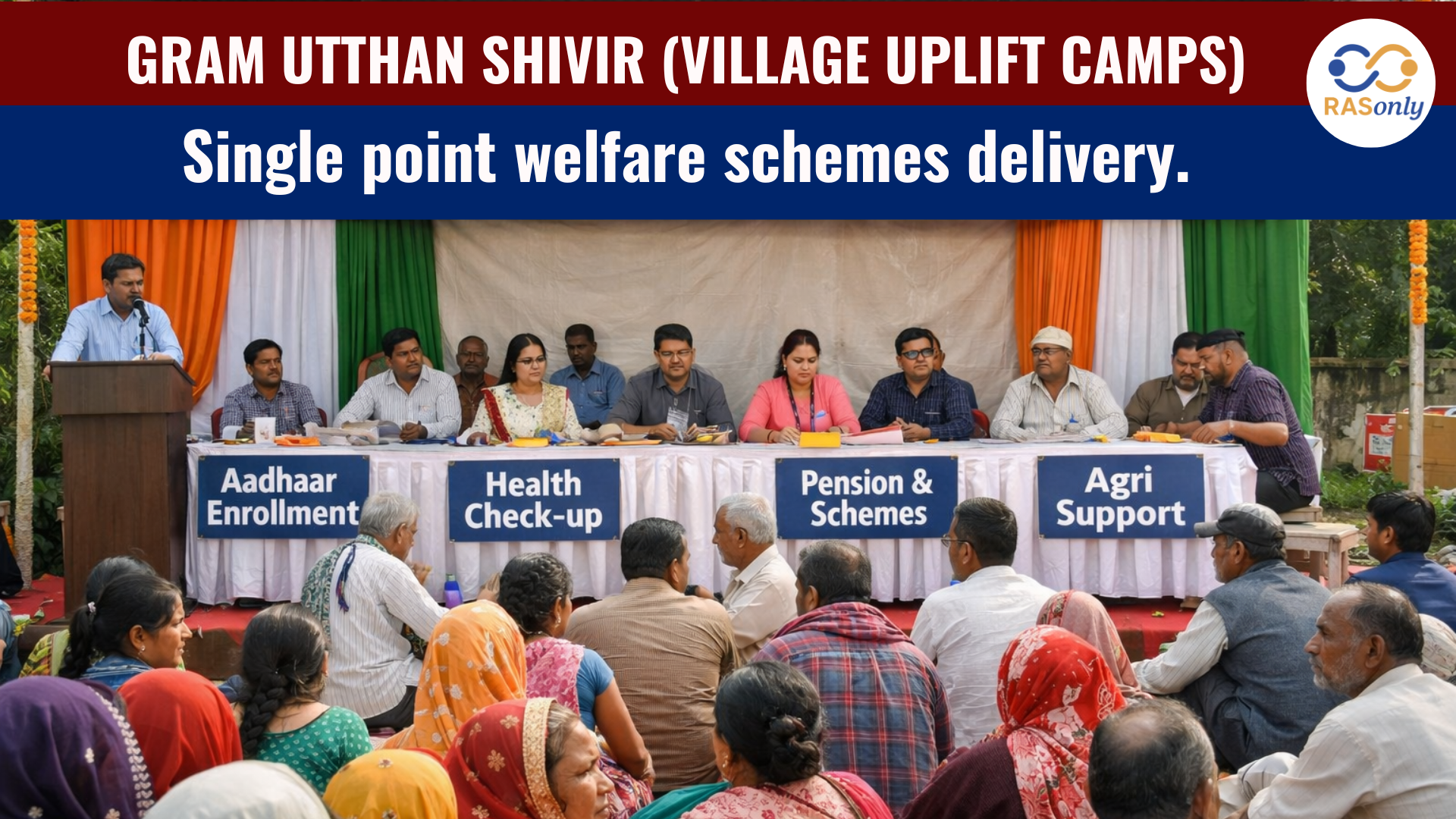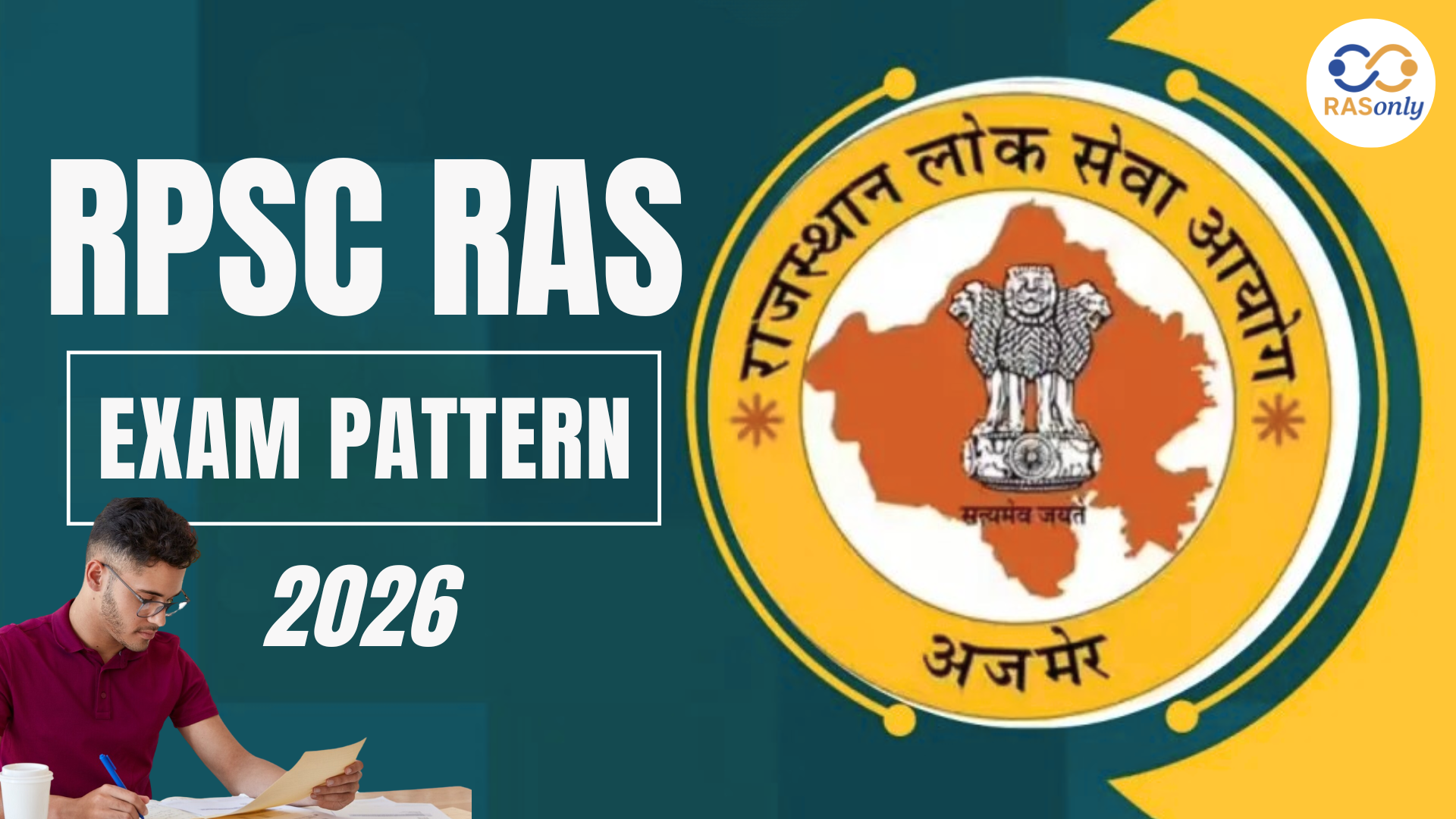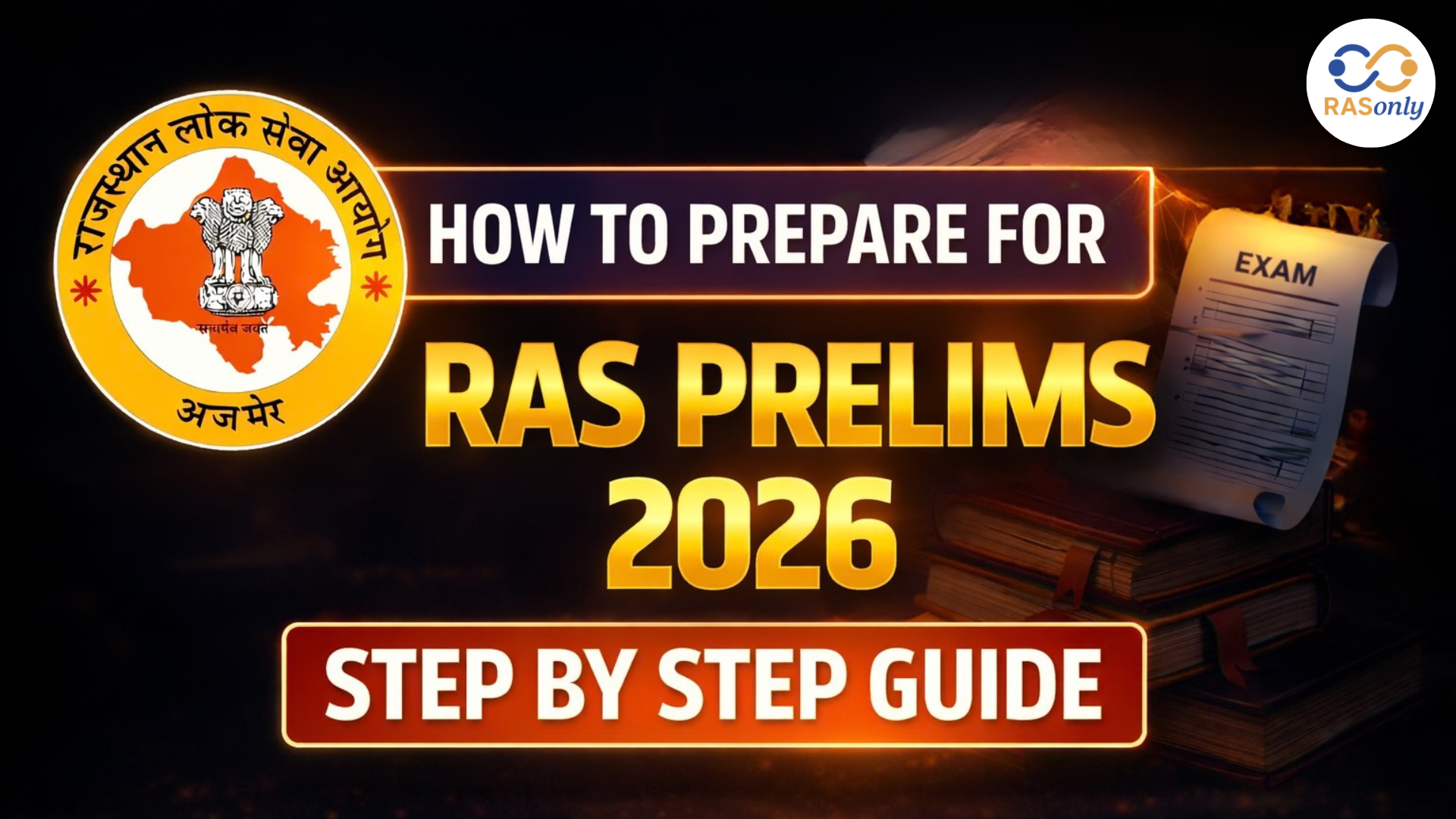RPSC RAS 2026 Subject Wise Exam Pattern for Prelims, Mains & Interview Details
- >
- RAS Preparation Resources
- >
- Zero-Based Budgeting: Meaning, Features and Objectives
Zero-Based Budgeting: Meaning, Features and Objectives

Get in Touch with RASonly!


Modern budgeting is a method called Zero-Based Budgeting (Zero-Based Budgeting) which requires setting up the budget every financial year on a zero base. In sharp contrast to the traditional budgeting practices, under Zero-Based Budgeting, all expenses must be warranted and this has the effect of ensuring that the allocation of funds is in tandem with the prevailing priorities vis-a-vis historical trends. It improves efficiency since it cuts down any wasteful spending and promotes decisions that are performance-based. It has been in use in India since the 1980s although its use is currently restricted. Zero-Based Budgeting also focuses on activities based planning and is therefore appropriate to carry out optimization of resources and accountability.
Key Points for RAS Mains
Context
- Zero-Based Budgeting was brought to India in 1983 in the Department of Science and Technology and was advocated in the Seventh Five-Year Plan.
- It was important as an effective and economical, performance centered alternative to traditional budgeting.
- It has had limited adoption because it is too complex and resource demanding.
What is Zero-Based Budgeting?
- Definition: Zero-Based Budgeting is a budgeting method in which all spending should be justified in every new period and starts with a zero base.
- Strategies: The functions need to be analyzed in respect of their needs and costs and priority budgets assigned not on historical allocations being assigned.
- Goal: To enhance efficiency, reduce wastefulness, and resource allocation depending on the relevance and cost-effectiveness of the program.
Aspects of Zero-Based Budgeting
- Each year we begin at a zero level of budgeting with no bearing on past budgets or budgets previously made.
- Expenditures are also compiled into decision packages and ranked under priority.
- Every department is supposed to explain their expenses again to receive funds.
- Enables prompt re-allocation depending on varied requirements.
- Ensures that organizational objectives are aligned to the unit-level goals.
Traditional Budgeting vs. Zero-Based Budgeting
|
Criteria |
Traditional Budgeting |
Zero-Based Budgeting |
|
Basis |
Previous year’s budget |
Starts from zero |
|
Focus |
Past expenditures |
Fresh economic appraisal |
|
Orientation |
Accounting-based |
Decision/project-based |
|
Clarity & Responsiveness |
Lower |
Higher |
|
Complexity |
Simple |
Complex |
|
Priority Determination |
Incremental allocations |
Based on cost-effectiveness and relevance |
Benefits of Zero-Based Budgeting
- Efficient Resource Allocation: Yokes resources into organizational headings and reasonable returns.
- Better Cost Management: Provokes close examination of all the costs.
- Decreases Duplication: It helps to notice and remove unproductive programs or departments.
- Fosters Accountability: Makes the culture of accountability and initiative.
- Budget Discipline: Eliminates arbitrary increase and fosters excellent spending knowledge.
Limitations of Zero-Based Budgeting
- Time consuming and complicated: Takes a large amount of time, manpower and proficiency to execute it.
- Unnecessary Paperwork: Unfriendly to the big departments or the government entities.
- Short-Term bias: zeroing in on current returns may overlook long-term requirements.
- Resource-Intensive: Zero-Based Budgeting is not completely effortless to put in place in all the departments.
- Insufficient Training: Has to use unskilled managers who have to make budget proposals and defend them in the respect.
Zero-Based Budgeting in India
- Initiated in 1983 by the department of science and technology.
- Formally accepted in the year 1986 to provide systematic control of expenditure.
- Propagated in the Seventh Five-year plan.
- All the programs should be reviewed and reassessed by ministries.
- The situation is limited in current use because the work processes are problematic.
Conclusion for RPSC
Zero-Based Budgeting is providing a clear, normative and necessity approach in allocation of resources, and this provision would assist in ensuring that government expenditures are in line with national interests. Although it is complex to implement, it increases the accountability and removes inefficiencies. In the case of a developing economy, such as India, Zero-Based Budgeting has a potential as long as it is supported by trained staff and institutional aid.
Also Read: What are Economic Activities?
FAQs for RPSC RAS
Post Category
- RAS Salary
- Result
- RAS Admit Card
- RAS Job
- RAS Cutoff
- Preparation Tips
- RAS Answer Key
- RAS Exam Analysis
- RAS Syllabus
- RAS Previous Year Papers
- RPSC RAS Exam Pattern
- RAS Interview
- RAS Mains Exam Date
- RAS Vacancy
- RAS Test Series
- RAS Best Books
- RAS Preparation Resources
- RAS Coaching Centre
- History
- Polity
- Geography
- Economics
- Science
- Art and Culture
- RPSC RAS Application Form
- RPSC RAS Notification
RASonly Interview Guidance Program

Mr. Ashok Jain
Ex-Chief Secretary Govt of Rajasthan
- IAS officer of the 1981 batch, Rajasthan cadre.
- Passionate about mentoring the next generation of RAS officers with real-world insights.
- Got retired in Dec 2017 from the post of Chief Secretary of the state of Rajasthan.

Mr. Guru Charan Rai
Ex-ASP / SP in Jaisalmer
- Guru Charan Rai, IPS (Retd), retired as Inspector General of Police (Security), Rajasthan, Jaipur in 2017.
- Served as ASP and SP in Jaisalmer, Nagaur, Sri Ganganagar, Sawai Madhopur, Dausa, Sikar, and Karauli.
- He also held key positions as DIGP and IGP in the Law and Order division.

Mr. Rakesh Verma
Ex-IAS Officer, B.Tech, MBA, and M.A. (Economics)
- IAS officer of the 1981 batch and retired in Chief Secretary Rank.
- Civil servant of high repute and vast experience.
- Has been teaching UPSC CSE subjects for the last six years.
Related Post
Daily Current Affairs for RAS Exam Preparation 2026

Rajasthan Pavilion Shines at Stone Mart Jaipur 2026
February 07, 2026
Rajasthan Achieves 3,000 MW Under PM-KUSUM Scheme
February 07, 2026
Gram Utthan Shivirs Strengthen Rural Governance in Rajasthan
February 07, 2026
Jaipur Badminton: 72-Minute U-15 Final Creates Record
February 06, 2026👉🏻 Register Today to Join Classes! 👍🏻
- Team RASOnly -
🎯 Benefits of RASOnly Coaching:
- ✅ 1:1 Mentorship with RAS Officers
- ✅ Experienced and Expert Faculty
- ✅ Free Library Access
- ✅ Daily Minimum 4 Hours Must
- ✅ Comprehensive Study Material
- ✅ Regular Tests & Performance Analysis
- ✅ Personalized Guidance & Doubt Solving
- ✅ Online & Offline Class Options
- ✅ Affordable Fees with Quality Education
Key Highlights:
- 👉🏻 3-Day Refund Policy
- 👉🏻 New Batch Starting from 04 August
- 👉🏻 Registration Amount: Only ₹1000









